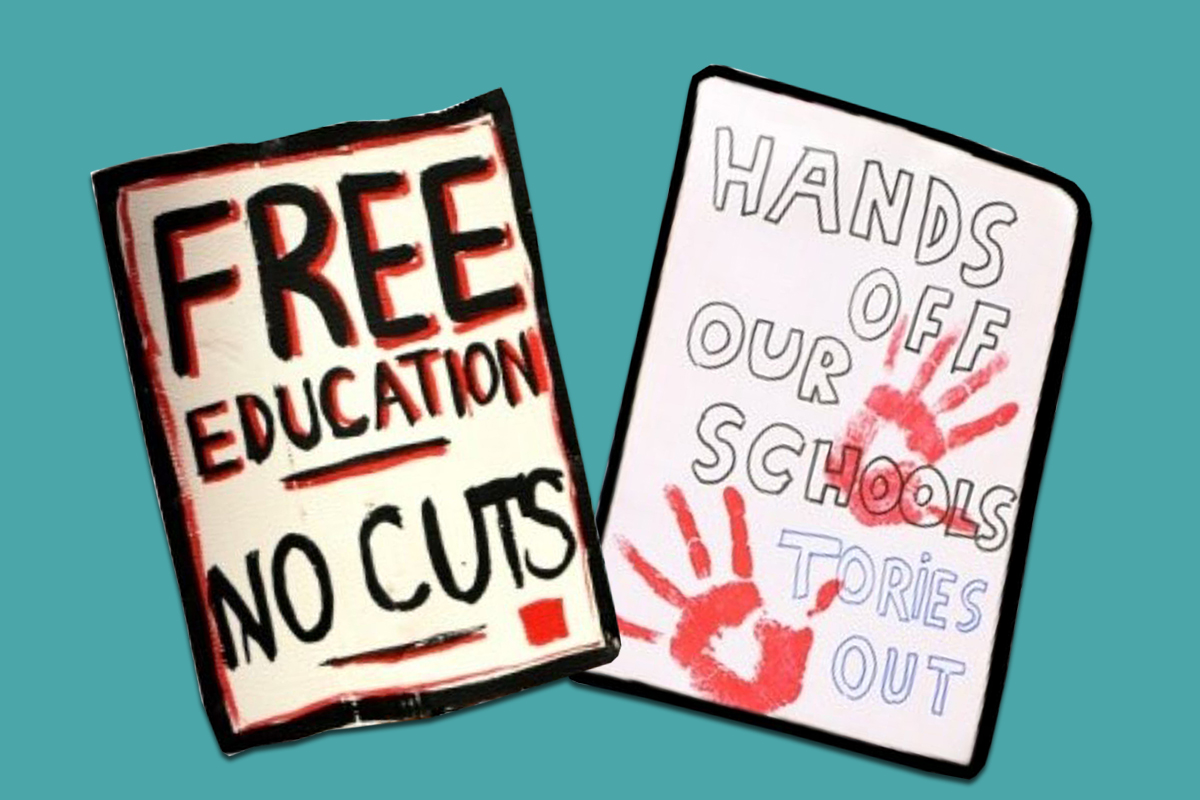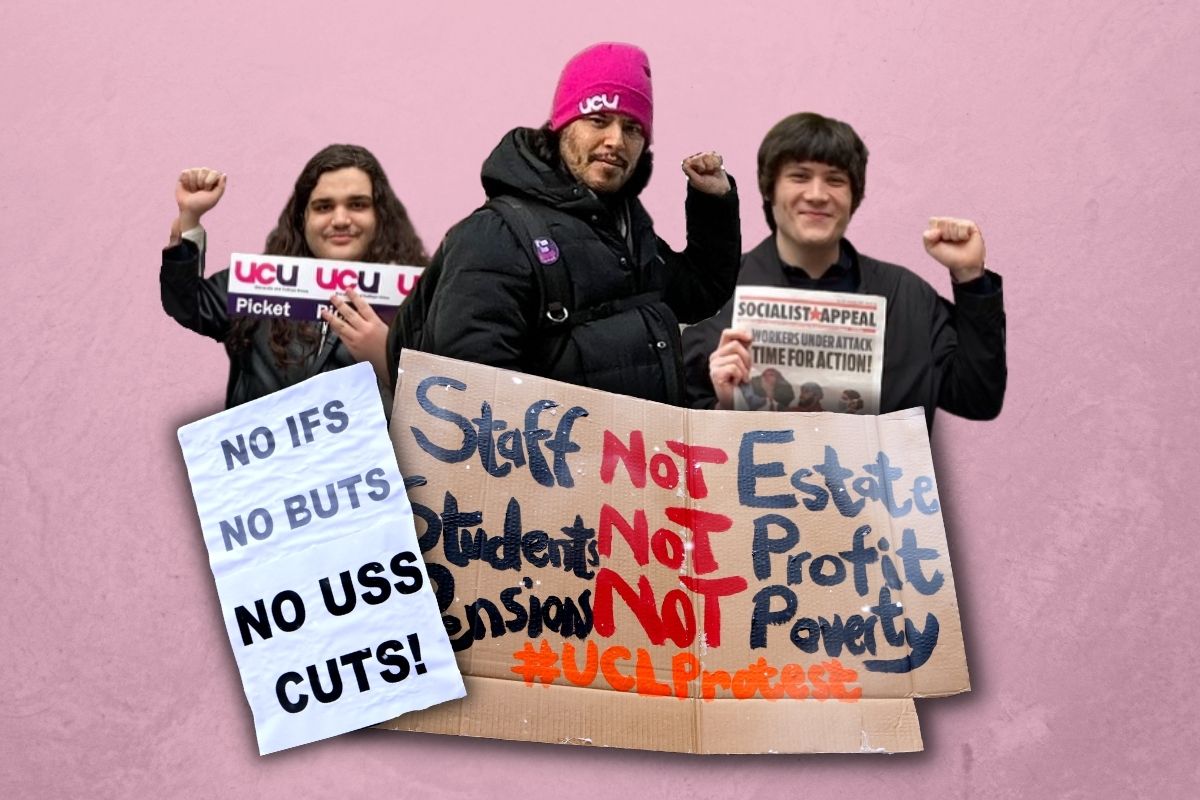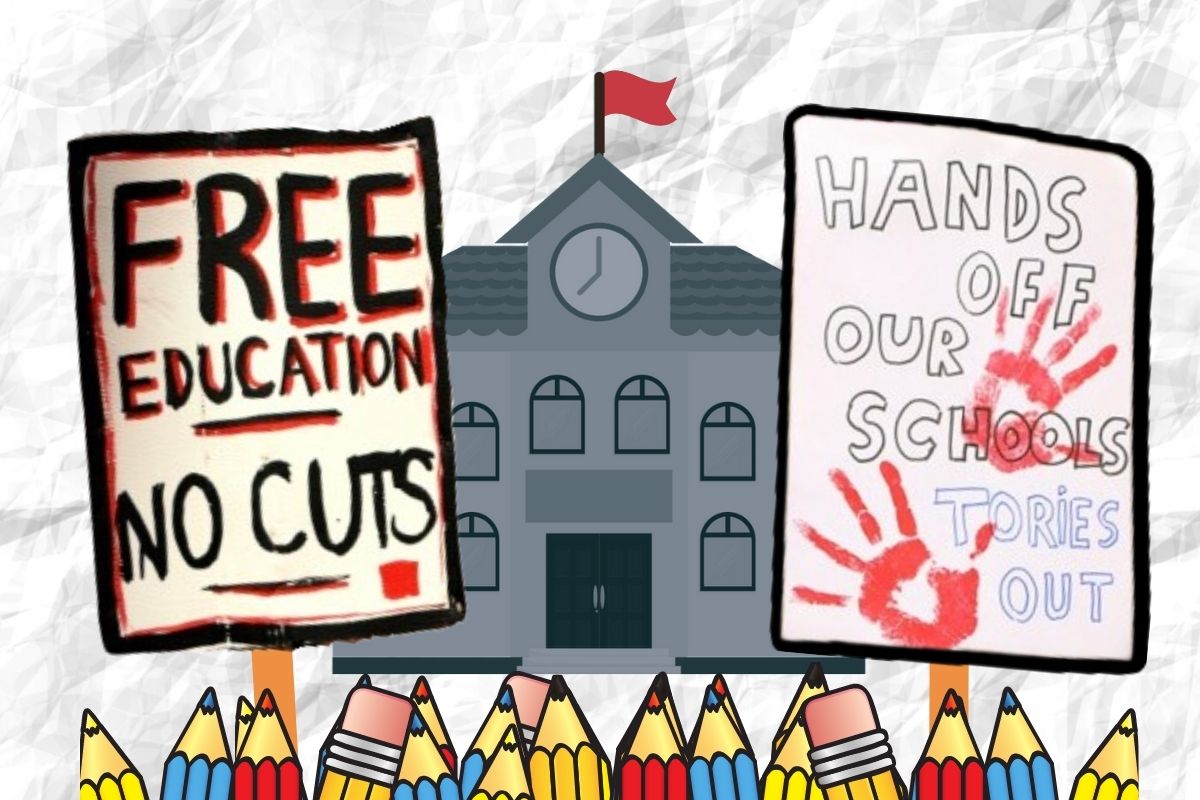Only weeks into the new academic year, it is clear that UK schools are suffering from a severe staff shortage. Swathes of teachers are dropping out of the profession, due to low pay and high workloads. But teaching unions are fighting back.
Coming on the back of years of cuts and attacks, schools are now facing an acute crisis in staffing. Recruitment of new teachers stands at an all time low, and existing experienced teachers are leaving the profession in droves.
The number of vacancies in education are now the highest they’ve been in twenty years. As National Education Union (NEU) joint secretary Kevin Courtney has stated, one third of teachers are now leaving the profession within their first five years.
In addition, before the pandemic, teacher training recruitment targets were not met for eight years running. While the relative job security and stability in education did lead to a recruitment bump during the pandemic, recruitment has now fallen back to below pre-COVID levels.
In July this year, the number of teachers set to start training was 15% lower than in 2019, with secondary school trainees down 20%. Staffing is also a massive problem for support staff, who are paid so badly that potential recruits are being drawn into other sectors rather than enter education.
Overworked
It doesn’t take long working in a school to see why this is the case. The most recent government survey (conducted in 2018) found that teachers are working around 50 hours per week on average. A 2016 NEU survey had the figure even higher, at 55.4 hours.
Both are well above the OECD average of 41 hours. According to TES, such a timetable would put teacher pay averages between £21 an hour, at best, and a measly £11.50 for new teachers and trainees, at worst.
And as workload increases, this pay is also falling in real terms, with teachers’ income declining by 7-9% on average in the last decade, according to the National Foundation for Educational Research.
The twin issues of unmanageable workload and falling pay have never been a secret to would-be educators, so the recruitment shortfalls are no surprise. Why add thousands of pounds to your student debt to train unpaid for a year, in order to enter a job with a sky-high workload and low pay?
The government has attempted to deal with this by early career pay incentives. The latest pay offer awards a 9% pay rise at the lower end of the pay scale, while more experienced teachers have been offered just 5%.
This callous snub to experienced teachers will do nothing to help staff retention, while the short-term bribing of early career teachers with a below-inflation pay rise will not address the root cause of people leaving.
Crisis and collapse

NEU survey data in 2018 showed that of all the issues dogging education, workload is of greatest concern to teachers. But why are teacher workloads so awful?
Schools exist on the sharp edge of the crisis of capitalism, with years of austerity and privatisation having brutally eroded conditions in schools. Budget cuts mean less resource spending, declining wages, and fewer staff being hired.
One major impact of this on the ground is increased class sizes, which are seen by teachers to be hampering progress, attainment, and behaviour management. Teachers are also increasingly stretched in their ability to support students with Special Educational Needs, mental health problems, or behavioural problems.
This all continues to be exacerbated by the collapse in living standards, with teachers confronting the fallout of society’s growing levels of deprivation. In the case of academies, these worsening conditions translate directly into massive profit for shareholders and CEOs. This can only be seen as robbery.
Teachers and education support staff shoulder the huge burden of trying to make our children’s education work in this crumbling system. As schools find themselves unable to afford to take on (or even find!) new teachers, they are compelled to squeeze as much as possible out of those they have, further decimating the quality of education.
Strike action
To face down this crisis, the NEU and NASUWT are balloting teachers and support staff members to reject the government’s insulting below-inflation pay offers. Unions are instead demanding a ‘fully funded, above-inflation pay rise’.
There is palpable buzz around this pay campaign. The commitment to strike action was hugely popular at the NEU and NASUWT conferences in April. And after witnessing a summer of union activity, members are asking ‘are we next?’ with increasing urgency and enthusiasm.
Starting this week, union meetings will be held across the country to build for the ballots. To guarantee a successful ballot, it is key that every rep and activist is mobilised to reach teachers, and to ensure that they know they will be supported by their communities and their unions.
Time to fight

A successful pay campaign will give an immense boost of confidence to educators, and will form an important first step in the fight against declining conditions and standards in schools.
After winning on pay, we must take the fight to workloads, and build a movement with the energy to demand genuine, lasting reforms.
One full decade of austerity – and four decades of marketisation – have left us with an education system on life support. It is so archaic and wrought with problems that the reforms needed to fix it stand far outside of what is possible within the confines of the crisis-ridden capitalism.
Funding must be secured by the expropriation of the monopolies and the billionaire class. And the necessary resources must be allocated under the direct democratic control of teachers and communities, in order to guarantee small class sizes, full-staffing, plentiful support for all educational needs, and a massive reduction in teacher workload, so that no teacher is ever again expected to take work home
Moreover, teachers do not have to fight this battle alone. Staff in universities and colleges are also mobilising and striking. And the problems in education are faced by workers in every industry and sector. We should face them down as one united movement.
Armed with a socialist programme, and committed to coordinated strike action, we can build a mass campaign to bring down the Tories and overturn the rotten system they defend.
Only this can save our schools, ensure that children get the proper education they need, and put this to use in the socialist society they deserve.






